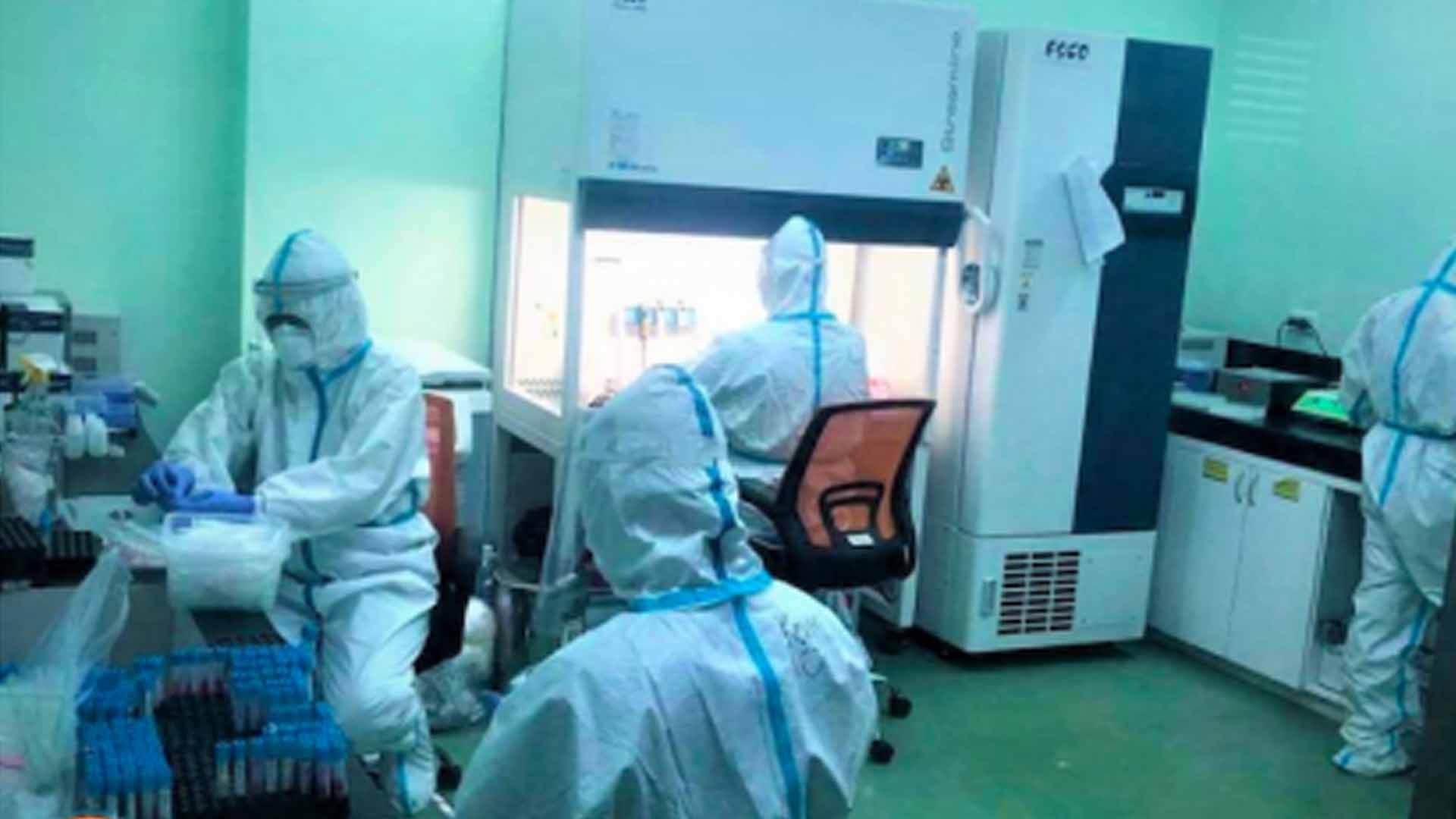A new British study found on Tuesday that antibodies in people recovering from the coronavirus disease 2019 (Covid-19) fall rapidly after recovery.
The study, called REACT-2, was carried out by Imperial College London (ICL) and wrecked hopes held by some that herd immunity could be a way out of the pandemic.
Herd immunity needs 50 percent to 60 percent of the population to be immune to the virus for it to no longer spread effectively, but the new study showed that rather than have more people immune as the pandemic wears on, the trend is actually in the opposite direction.
The ICL observed 365,000 people in three rounds of testing between June and September.
They found that the number of people with antibodies fell by 26 percent since summer when the lockdown was first eased.
In late June and early July, 6 percent of people had antibodies to the virus, but at the start of the second wave last month, it dropped to 4.4 percent.
This means people can be regularly reinfected, like with the common cold.
A vaccine, however, could lead to a better antibody response.
“Our study shows that over time, there is a reduction in the proportion of people testing positive for antibodies. Testing positive for antibodies does not mean you are immune to Covid-19,” said Dr. Paul Elliott, the director of the program at Imperial.
“It remains unclear what level of immunity antibodies provide, or for how long this immunity lasts. If someone tests positive for antibodies, they still need to follow national guidelines, including social distancing measures, getting a swab test if they have symptoms, and wearing face coverings where required,” he added.
Dr. Helen Ward, one of the lead authors of the report said, “This very large study has shown that the proportion of people with detectable antibodies is falling over time. We don’t yet know whether this will leave these people at risk of reinfection with the virus that causes Covid-19, but everyone must continue to follow guidance to reduce the risk to themselves and others.”
Health Minister Lord Bethell said, “This study led by Imperial and Ipsos MORI is a critical piece of research, helping us understand the nature of Covid-19 antibodies over time, and improve our understanding about the virus itself. We rely on this kind of important research to inform our continued response to the disease, so we can continue to take the right action at the right time.”
Regarding the vaccine, there has been some positive news.
The vaccine in development by Oxford University and AstraZeneca, which is leading the world race to develop a safe and effective vaccine, has been found to produce an immune response in both old and young people, AstraZeneca said.
Meanwhile, the Office for National Statistics reported that weekly coronavirus-linked deaths rose by 53 percent in England and Wales over the last week – a weekly rise for the sixth week in a row. (PNA)







